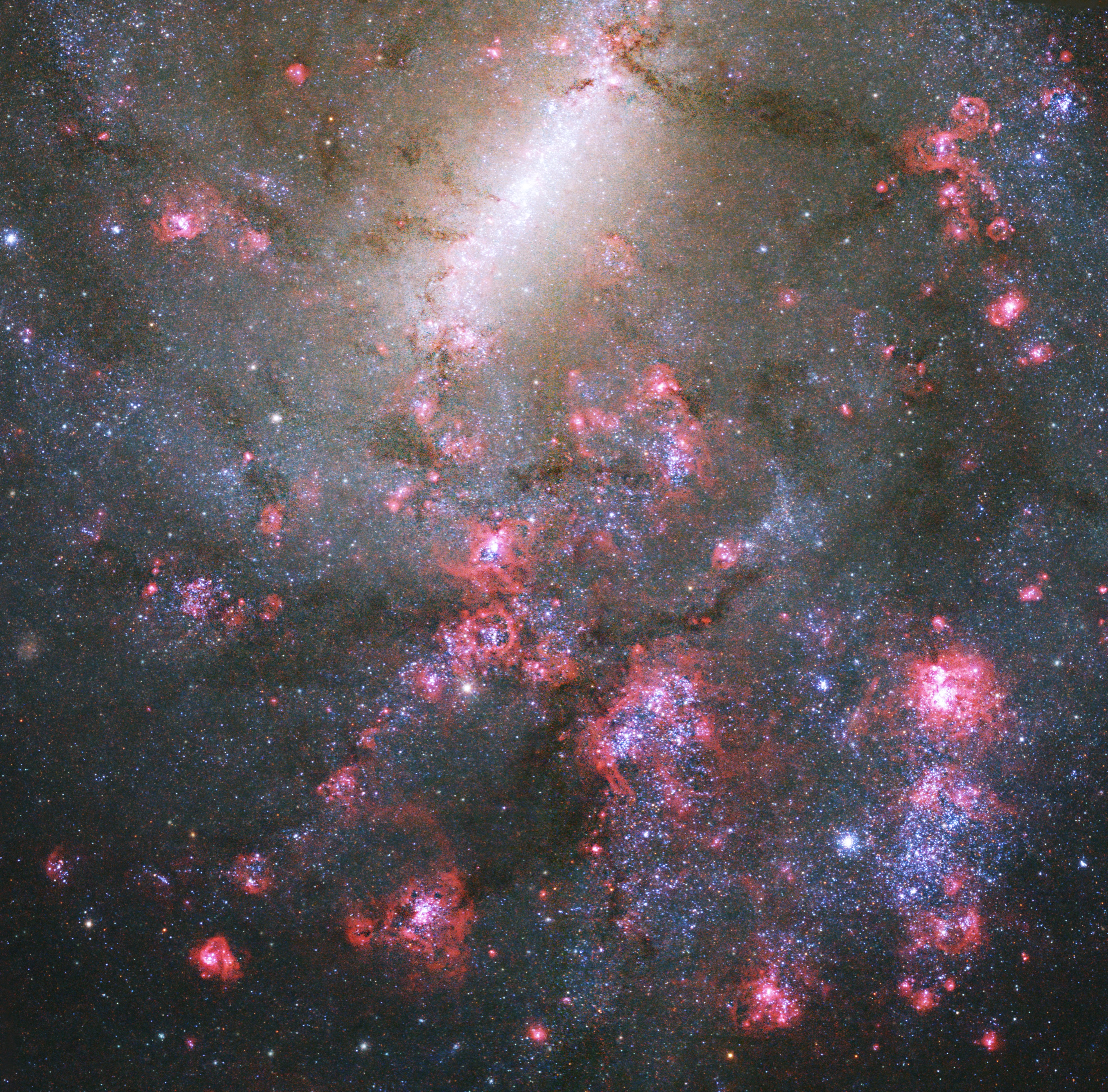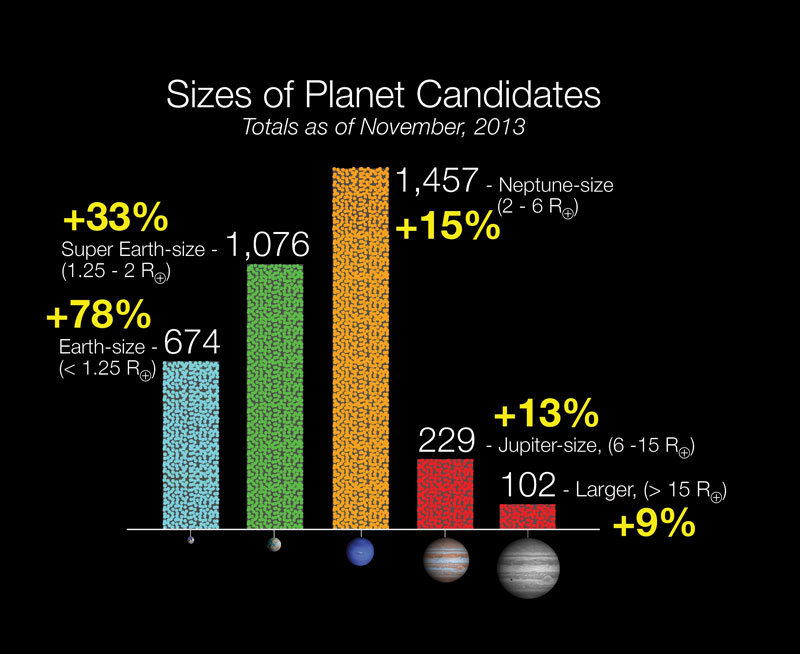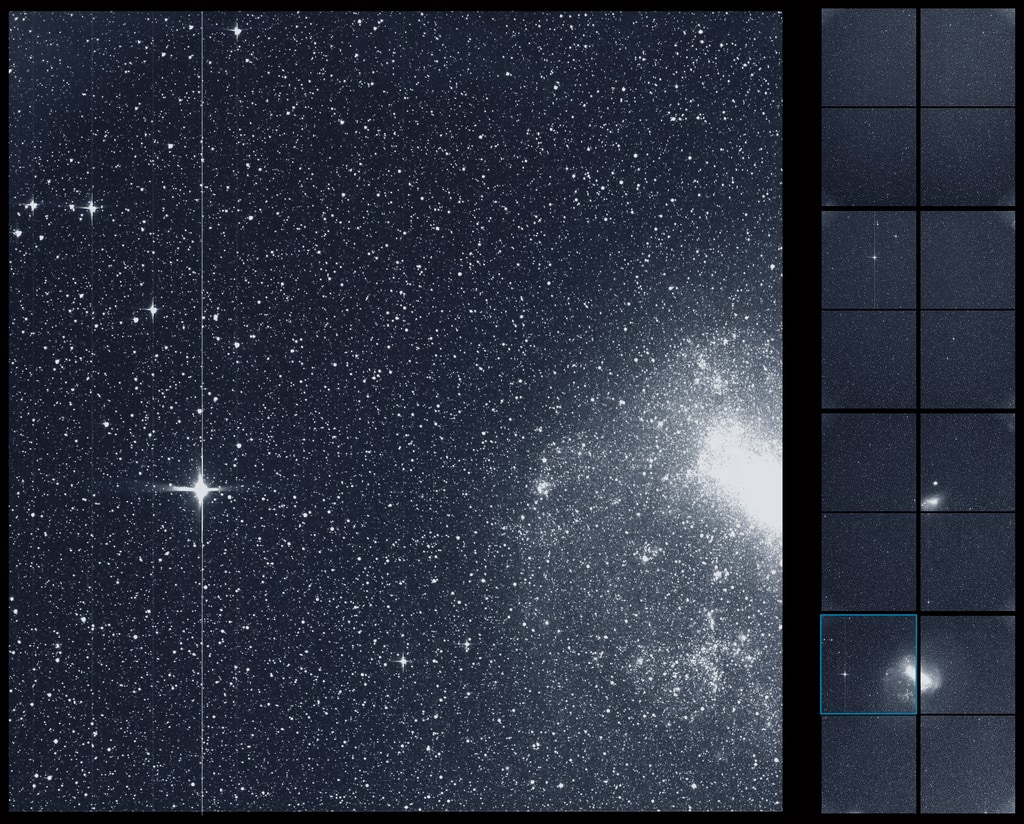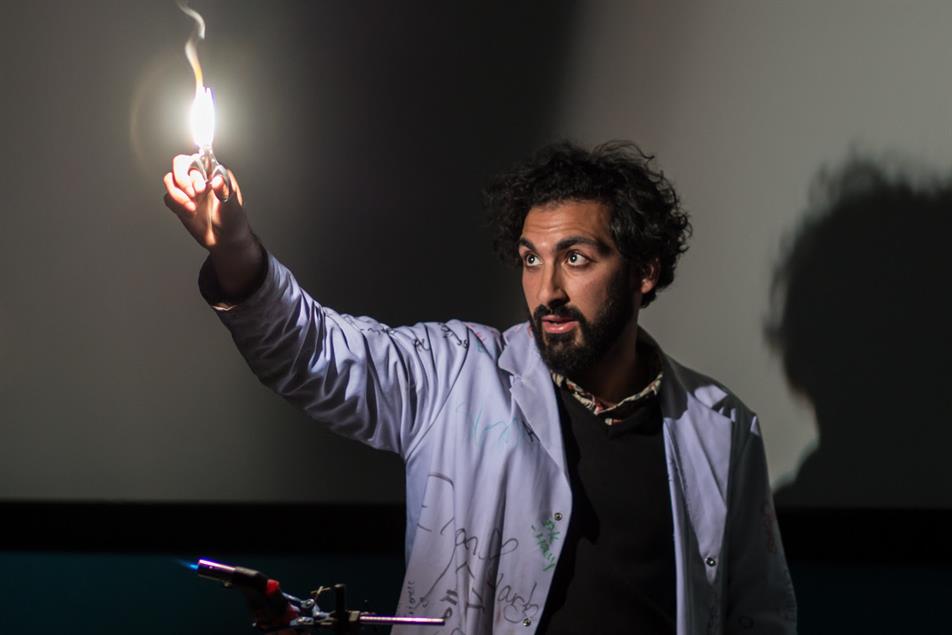Exoplanets could resemble Earth or support life as we know it. There are so many amazing, mystifying planets out there that are completely unlike Earth and that show us the huge variety of ways planets can form and evolve.
#SCIENCE #English #CZ
Read more at Science@NASA
SCIENCE
News in English

The actual changes in a star’s overall brightness caused by sound waves are unimaginably small. From afar, the building would still appear to emit one unchanging light.
#SCIENCE #English #CZ
Read more at Science@NASA
#SCIENCE #English #CZ
Read more at Science@NASA

Stars are the building blocks of the galaxy, driving its evolution and providing safe harbors for planets. To study the stars, one truly explores the galaxy and our place within it," said William Chaplin, professor for astrophysics at the University of Birmingham.
#SCIENCE #English #CZ
Read more at Science@NASA
#SCIENCE #English #CZ
Read more at Science@NASA

After, The Transiting Exoplanet Survey Satellite (TESS) captured this strip of stars and galaxies in the southern sky during one 30-minute period on Tuesday, Aug. 7. Created by combining the view from all four of its cameras, this is TESS’ “first light,” from the first observing sector that will be used for identifying planets around other stars. Elements are labeled in the collage.
#SCIENCE #English #CZ
Read more at Science@NASA
#SCIENCE #English #CZ
Read more at Science@NASA

Mount Sinai researchers have revealed the biological mechanisms by which a family of proteins known as histone deacetylases (HDACs) activate immune system cells linked to IBD. This discovery could potentially lead to the development of selective HDAC inhibitors designed to treat types of IBD such as ulcerative colitis and Crohn’s disease.
#SCIENCE #English #ZW
Read more at Technology Networks
#SCIENCE #English #ZW
Read more at Technology Networks

The Telegraph conducted a survey out of the 69 cities in England, Scotland and Wales. This included looking at the amount of green spaces, crime rates, listed buildings, hotels and pubs. You can see all of The Telegraph’s best and worst cities according to science here. Ripon was recently crowned one of the prettiest places in the UK by The Telegraph.
#SCIENCE #English #GB
Read more at York Press
#SCIENCE #English #GB
Read more at York Press

Hassun El-Zafar is currently the senior producer for public programmes at the science charity the Royal Institution of Great Britain. he is also a non-executive director for the Union of Justice, a European organisation aiming to advance racial and climate justice. He will take up the role at the end of May following the charity’s 35th annual Edinburgh Science Festival.
#SCIENCE #English #UG
Read more at Third Sector
#SCIENCE #English #UG
Read more at Third Sector

the nanosatellite will be launched from Rocket Lab's spaceport in Mahia, New Zealand, at around 10:08 a.m. Wednesday (local time) the satellite, named NEONSAT-1, will launch on Rocket Lab's Electron rocket along with the Advanced Composite Solar Sail System created by the U.S. National Aeronautics and Space Administration. Korea plans to launch five more nanosatites into the space in June 2026 and five more in September 2027
#SCIENCE #English #SG
Read more at koreatimes
#SCIENCE #English #SG
Read more at koreatimes

Professor Christopher Johnson will join DSIT in July as the department’s first Chief Scientific Adviser ( CSA) Professor Johnson brings over 20 years of experience in engineering and physical sciences, with a focus on safety and security. He is currently Pro Vice Chancellor for Engineering and Physical Sciences at Queen’s University Belfast. Professor Johnson is a leading researcher in cyber security for safety critical computing systems.
#SCIENCE #English #PH
Read more at GOV.UK
#SCIENCE #English #PH
Read more at GOV.UK

The act of intersecting the three science cultures (Scientific Transculturalism) comes with the opportunity for positive and negative combinations. SFI Professors Christopher Kempes and Geoffrey West identify and explain the three cultures, and suggest that reconnecting them could help accelerate biosphere science. The third—coarse-grained culture—focuses on generalities, simplifications, and underlying principles.
#SCIENCE #English #PK
Read more at Phys.org
#SCIENCE #English #PK
Read more at Phys.org
